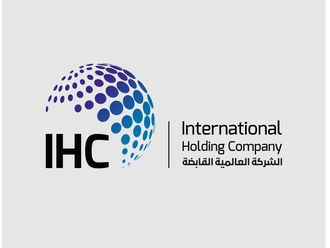Question: I am travelling overseas this summer and am worried about credit-card fraud after a friend recently lost Dh50,000 to credit-card criminals. I plan to book flights and accommodation online and to use my card to pay for dinners and shopping while away. Do you have any tips on how to prevent credit-card fraud?
Answer: Three years ago the UAE suffered a criminal breach of its fin-ancial networks which left many people without access to their bank accounts and credit cards. Unfortunately, it seems the situation with credit card fraud has improved little since then.
As we move to more electronic types of payment there will always be a risk of "electronic" fraud. A recent study in the UK indicated that last year 28 per cent of respondents said they had been victims of credit-card fraud, an increase of 75 per cent on 2009 figures.
It is easy to see how credit-card fraud can take place with the swipe and print system that is still in place in many countries. From the time you swipe your card and the signature printout appears, a complicated procedure takes place, your card number is sent from the terminal to a set of servers owned by a payment company. That information is then sent to your card issuer, which checks your available balance. If any of the links in the chain are compromised, the card information can be stolen.
However, there are a number of actions you can take to reduce your risk of being a victim of card crime.
The first and simplest is to never let your card out of sight when paying for services in a restaurant or shop.
The person serving you should always bring the credit card machine to you so that you can see the transaction taking place. This leaves no opportunity for staff members to take down the details of your card for fraudulent use. If your card or its details are stolen and used in a fraudulent transaction, then insurance on the card should cover any losses and its replacement. You will need to report the issue straight away to your bank, and in the case of actual theft to the local police.
The second is to ensure that your credit card has EMV (Europay, MasterCard and Visa) technology — sometimes known as ‘Chip and Pin'. The technology uses an integrated chip embedded in the card and an associated PIN number which are needed together for payment to be accepted by ATMs and sales machines.
Not all banks employ EMV technology at present with the more traditional print-out and sign system still being used in many retail and dining outlets in the UAE.
However, where EMV is the norm it has dramatically cut card-related fraud. It would be advisable to ensure, when you can, that your credit card has EMV. For online shopping, technology which uses a two-step authentication process has been developed.
This means that when you buy something online you are taken to a second page and asked to enter a password followed by a one-use only code that is sent to you by SMS.
If you have a Visa card or MasterCard you may already have experienced this with the "Verified by Visa" and "MasterCard SecureCode" schemes. Such schemes are almost guaranteed to prevent the fraudulent use of stolen cards online but they are only just beginning to catch on in the UAE.
When buying flights and accommodation online you will be alerted that a ‘verification' system is in process — look out for these websites and use them as and when you can.
The writer is Business Services Director, Nexus Group, LLC. The opinion expressed here are the writer's own and do not necessarily reflect that of Gulf News. If you have any question, please email it to advice@gulfnews.com












